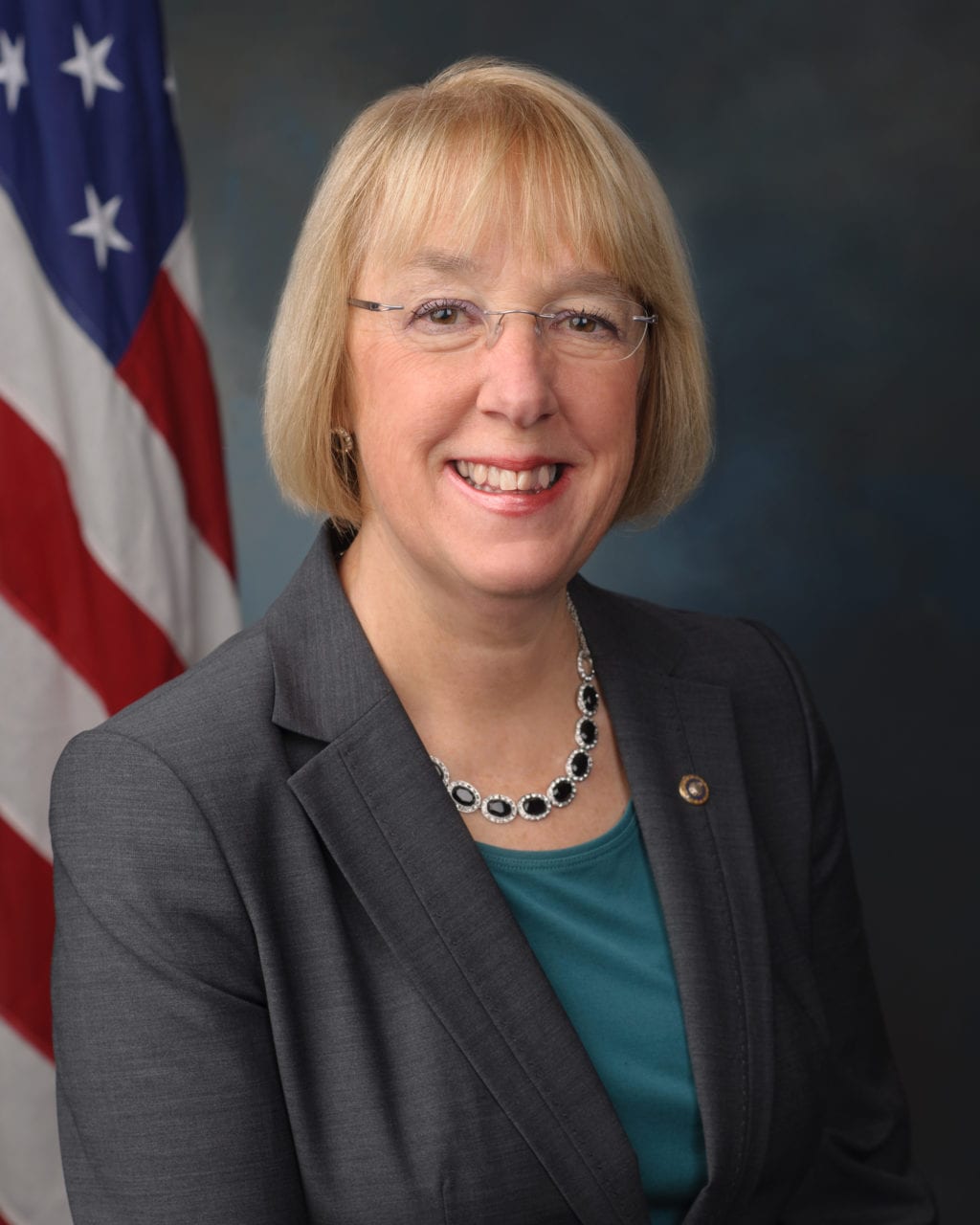
The Senate Appropriations Committee’s energy and water development bill would provide about $8.5 billion in fiscal 2024 funds for the Department of Energy’s cleanup of Cold War and Manhattan Project nuclear sites, according to the bill unanimously passed out of committee Thursday.
Altogether, DOE’s Office of Environmental Management would be funded at $8.5 billion under the Senate panel’s bill, up more than $200 million over what was appropriated by Congress for fiscal 2023, which ends Sept. 30. Most of the increase would go to the nearly $7.3 billion Defense Environmental line item.
In June, the House Appropriations Committee proposed meeting the Joe Biden (D) administration’s request of about $8.3 billion for DOE’s nuclear cleanup office, which aside from the defense account includes Non-Defense Environmental Cleanup and the Uranium Enrichment Decontamination and Decommissioning fund.
The Senate committee’s bill “provides a total of $7.29 billion to fund the federal government’s responsibility to clean up the nation’s defense sites,” according to a summary of the legislation This includes “additional funding for clean-up sites in Washington, South Carolina, Tennessee, Nevada, and California.”
The House of Representatives proposed the $7.1 billion for Defense Environmental cleanup that the White House requested for fiscal 2024.
The Senate committee wants $354 million for Non-defense Environmental in the fiscal year starting Oct. 1. More than either the $352 million requested by the administration and the $342 million endorsed by the House Appropriations Committee.
Senate appropriators also recommended $862 million for the Uranium Enrichment Decontamination and Decommissioning fund, more than the fiscal 2024 agency request of $858 million but less than the House Appropriations Committee’s bill, which would provide $865 million. The fund pays for cleanup of former uranium enrichment plants plants in Kentucky, Ohio and Tennessee.
At the Hanford Site in Washington state, Senate Appropriations’ bill calls for combined Defense Environmental funding of more than $2.9 billion across the site’s two field offices, slightly more than what the House appropriators provided and what the White House requested for fiscal 2024.
The Senate committee’s energy and water bill proposes $1.89 billion for the Office of River Protection, less than Biden’s roughly $1.98 billion request for liquid waste cleanup at the site, but roughly level with the $1.88 billion from the House Appropriations Committee. As for the Richland Operations Office, which handles mostly solid-waste cleanup at the center of the site, the Senate committee proposed a little more than $1 billion, or $120 million more than what is sought by either the administration or recommended by the House committee.
In South Carolina, the Senate committee’s bill seeks $1.71 billion in Environmental Management funds for the Savannah River Site, up from the $1.65 billion under the House committee’s bill, and the $1.58 billion requested by DOE.
The energy and water bill passed out of the committee, chaired by Sen. Patty Murray (D-Wash.) on a unanimous 29-to-0 vote. A copy of the bill text is available here. A copy of the bill’s report, including tables, is here.